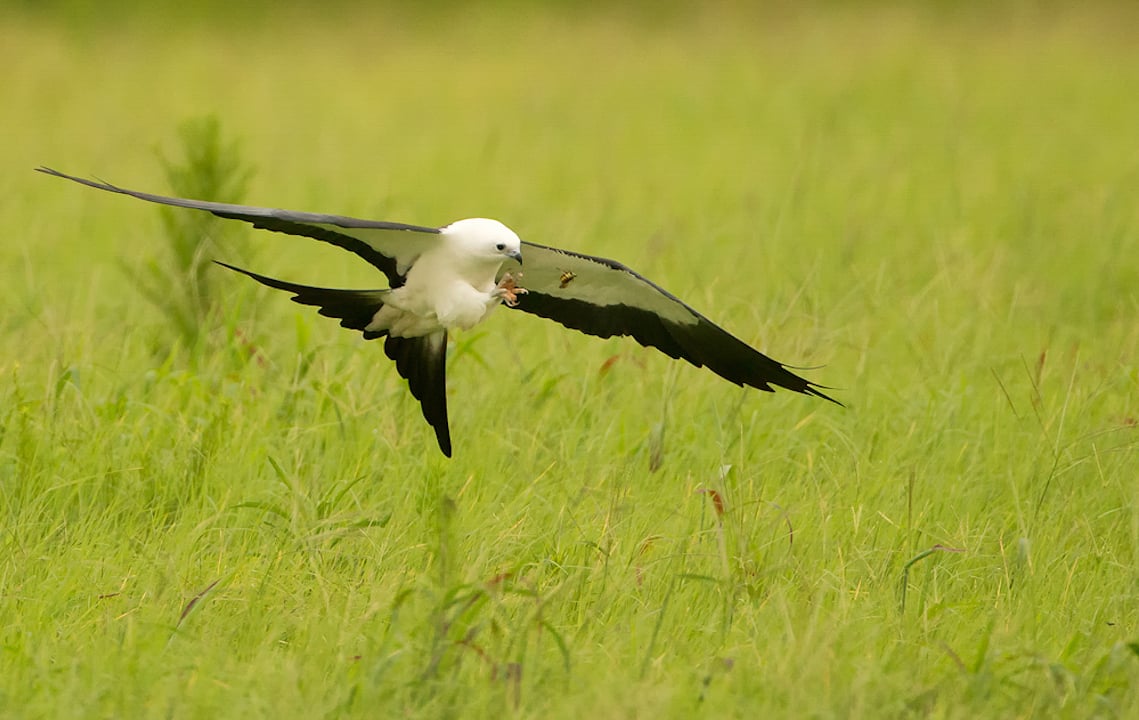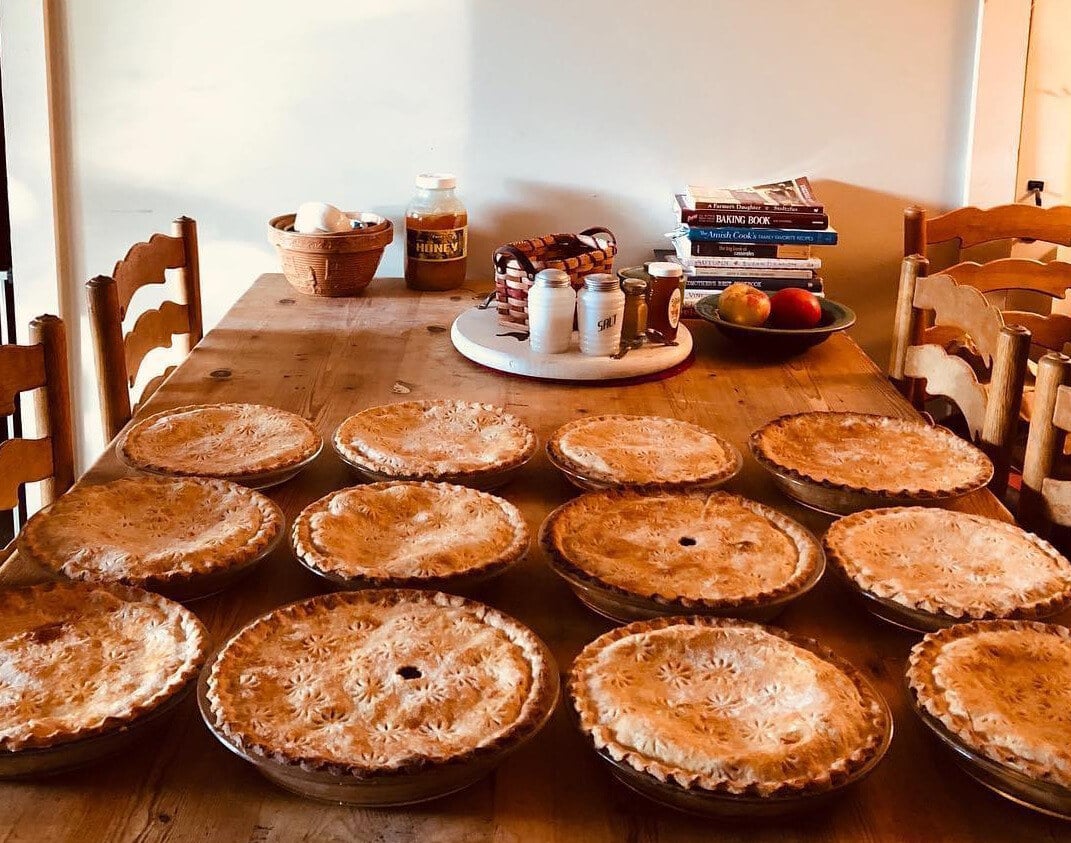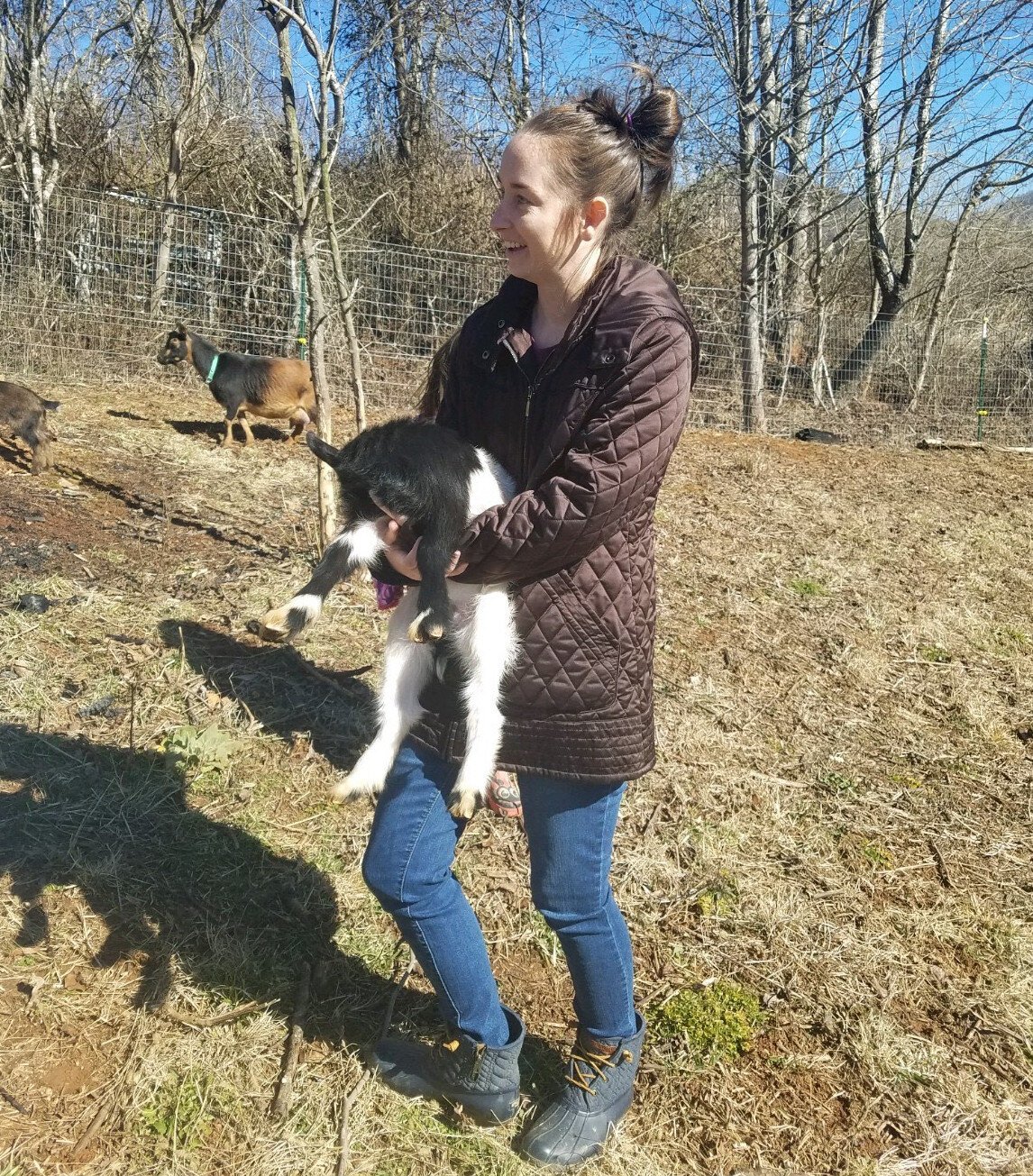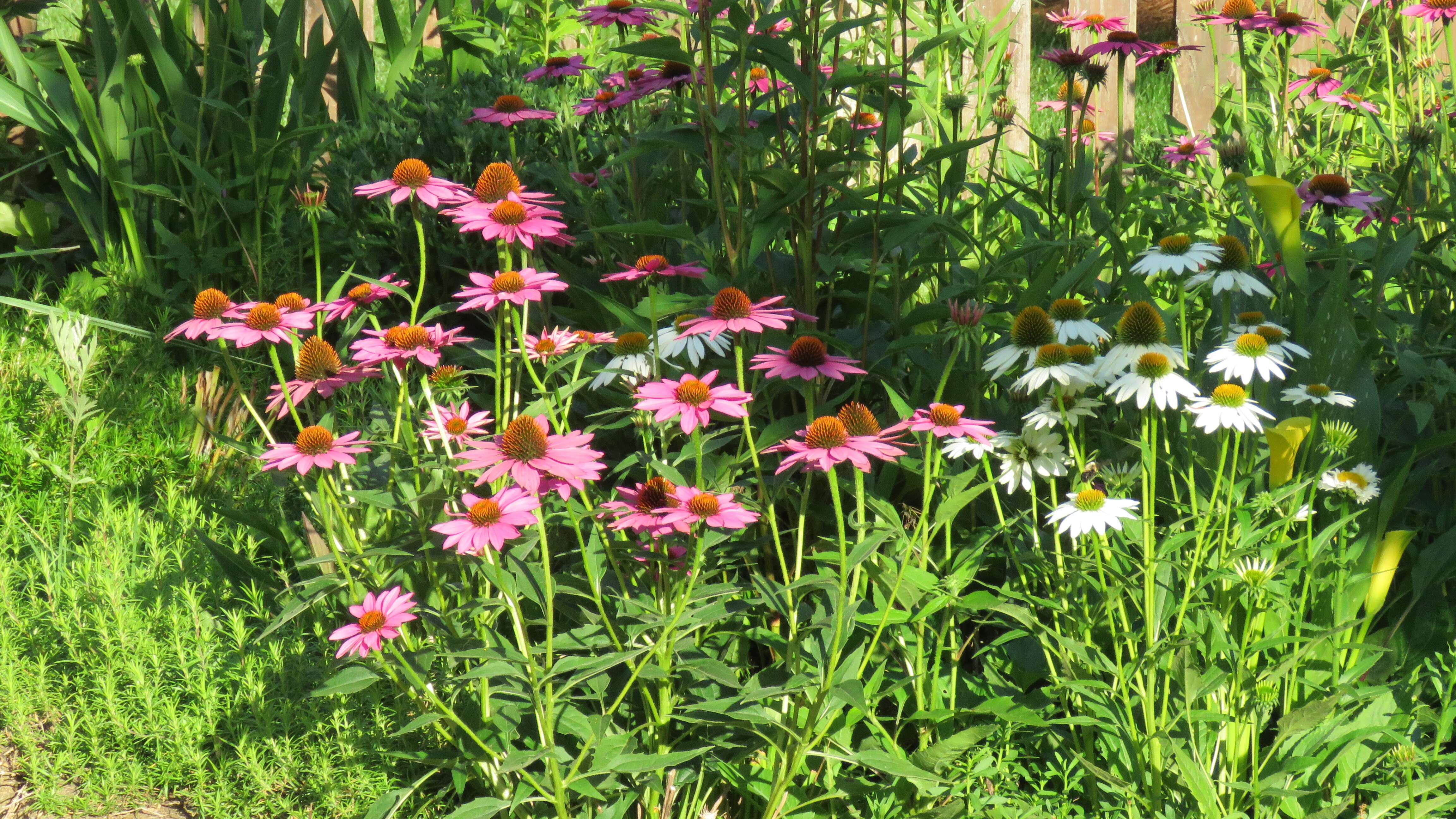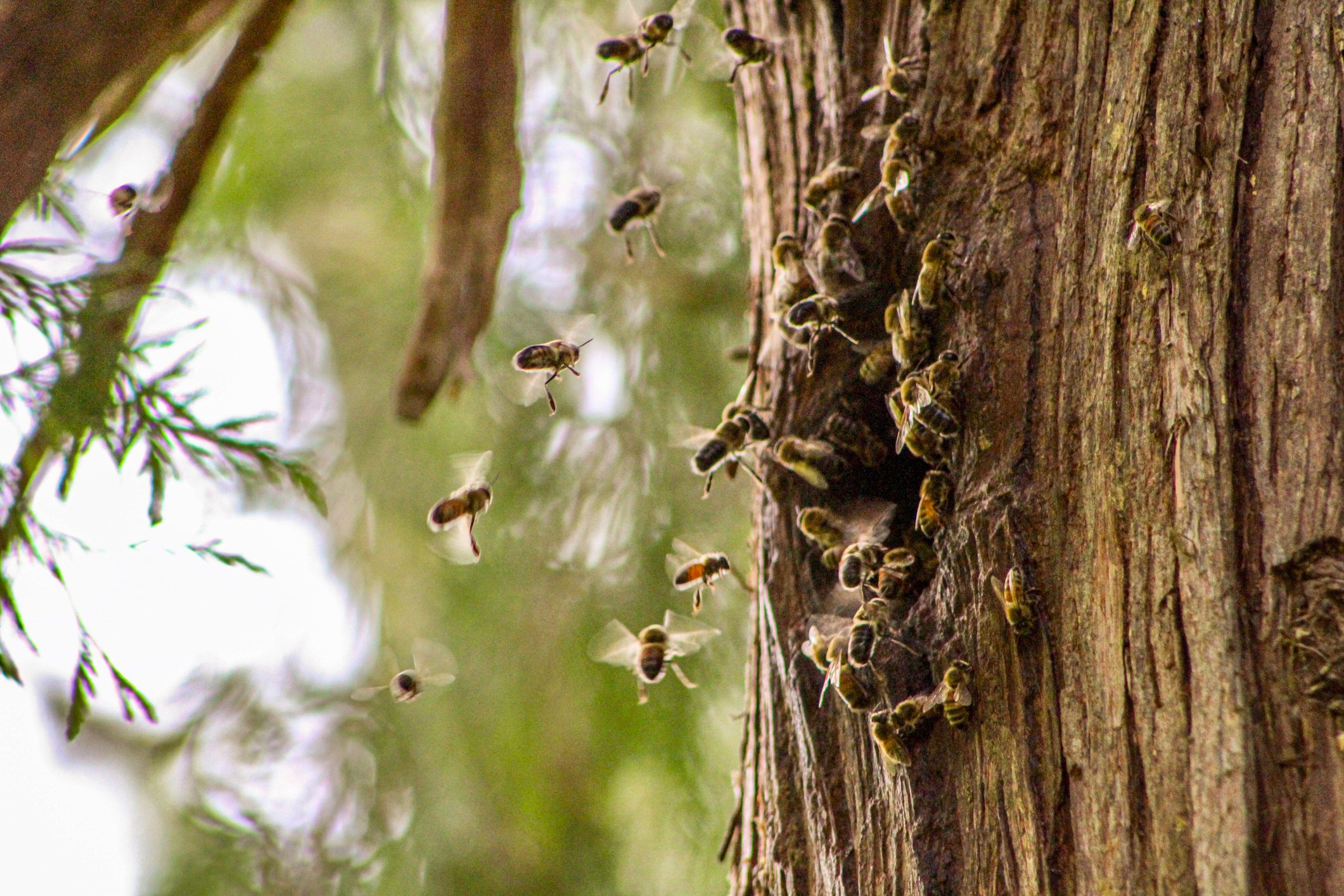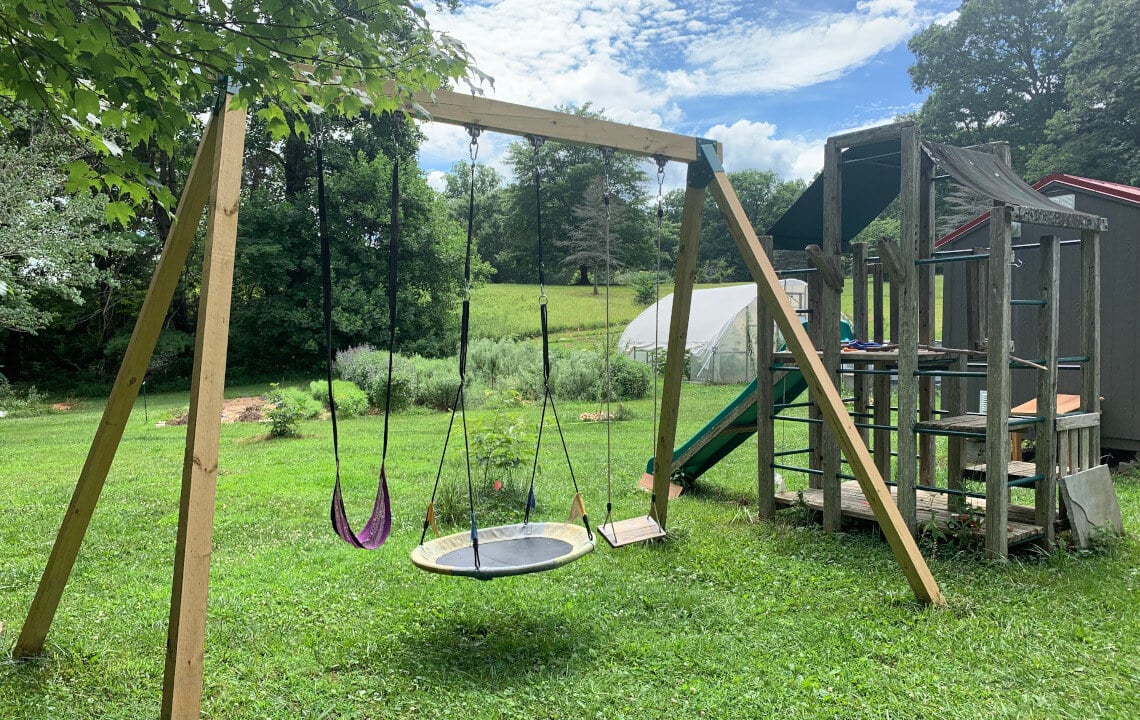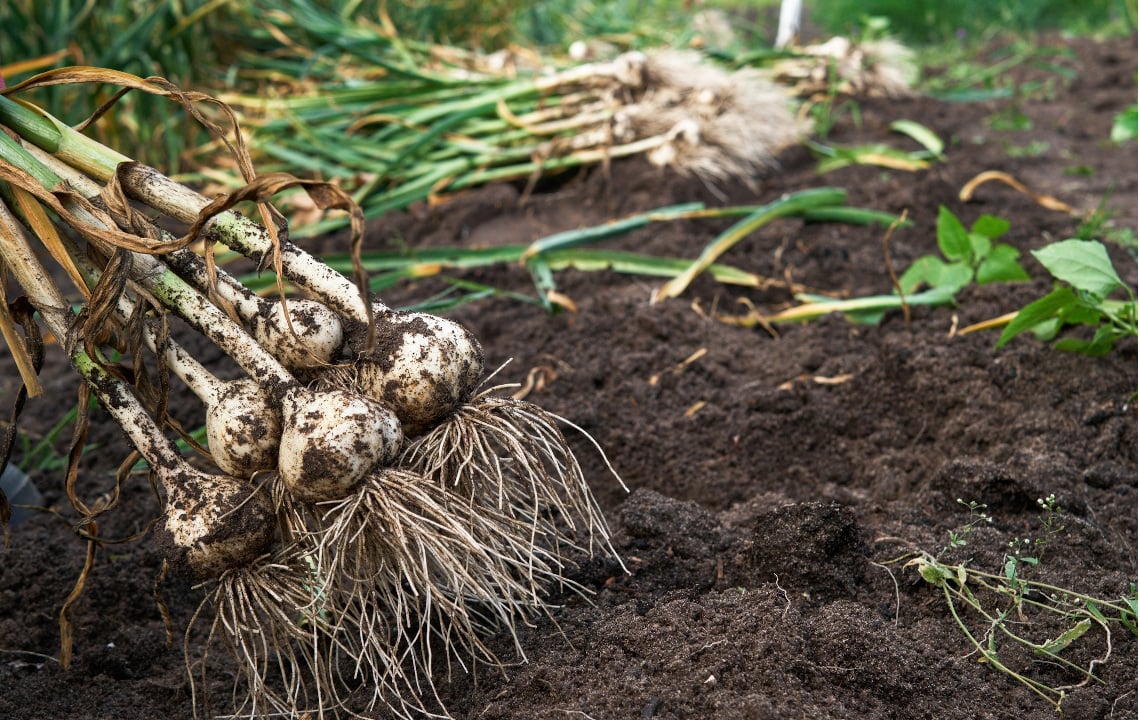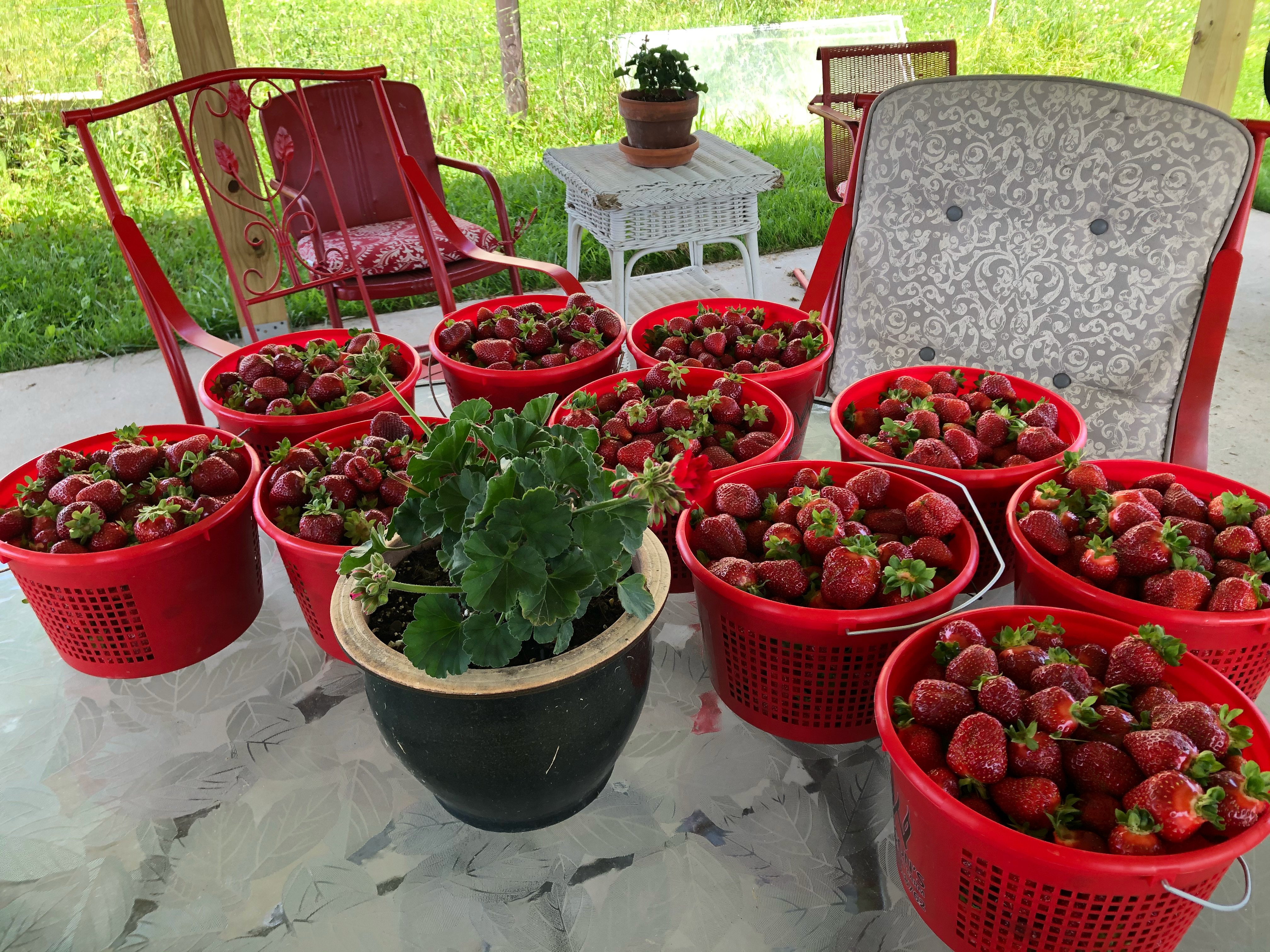Discover how Alabama Audubon’s Black Belt Birding Festival helps birds, ecosystems and people in the state’s rural south-central region.
The Black Belt Region in Alabama is home to a stunning variety of bird species like flashy painted buntings, alluring wood storks and regal great egrets.
These birds thrive here because of the area’s geological signature that supports a number of soil types and a mosaic of habitats — from open prairie to chalk outcrop to forest — in which several rare plant and insect species live.
These forests and fields have drawn birders for years. Alabama Audubon’s members (with binoculars, cameras and nature journals in hand) have flocked to the region to document and enjoy its biodiversity for decades.
Now, the nonprofit and its partners invite visitors from across the country to join them, bringing the economic benefits of bird-based ecotourism to a region that struggles with high poverty rates.
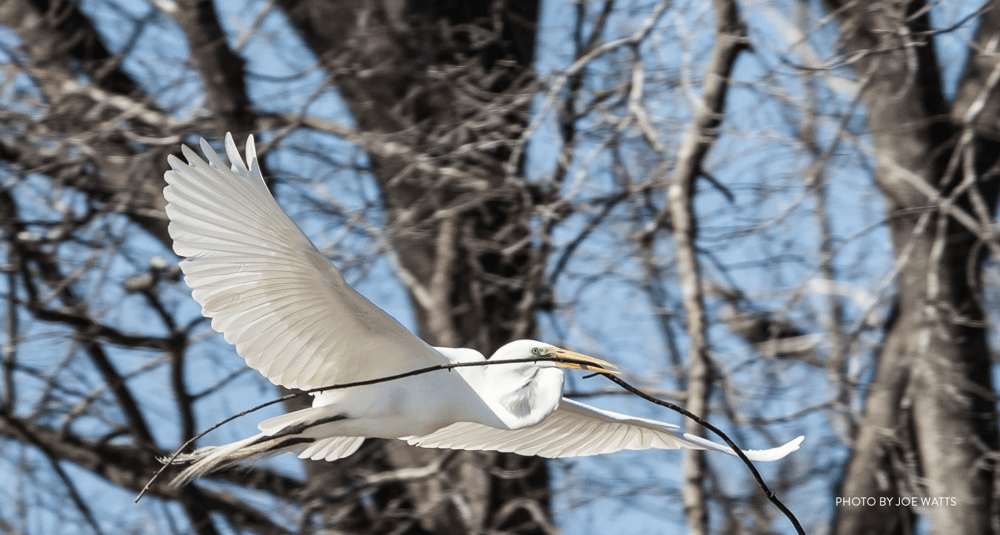
How Bird-Based Ecotourism Supports a Vision of Prosperity
Alabama’s history helps explain the need for a robust economic development plan that will uplift its communities and improve the quality of life of its most vulnerable residents.
The state’s Black Belt region was once dominated by cotton plantations that were worked primarily by enslaved Black people. This was one of the most important agricultural areas in the South before the Civil War.
After the war came the complicated Reconstruction Era and the struggles of the Civil Rights Movement.
Then, during the late 19th century, the boll weevil, an exotic beetle thought to be native to Central Mexico, migrated to the area and decimated the cotton industry. This created more hardship for the people living and working there.
Today many Black Belt community members live in poverty which has a disproportionate impact along racial lines.
Five years ago, Alabama Audubon’s executive director at the time, Ansel Payne, had an idea that would support not just birds and their habitats but also the residents of the Black Belt region.
He would lead the nonprofit and its partners to develop the Black Belt Birding Initiative to bring bird-based ecotourism to rural Alabama, working with landowners and community members to create a path for healthy economic growth.
Payne knew that if the bird-watching community — which spends about $41 billion per year in the U.S. on activities and travel related to its hobby — heard about the Black Belt’s abundance of unique bird species, birders from all over the country would want to visit, bringing economic benefits to rural Alabama.
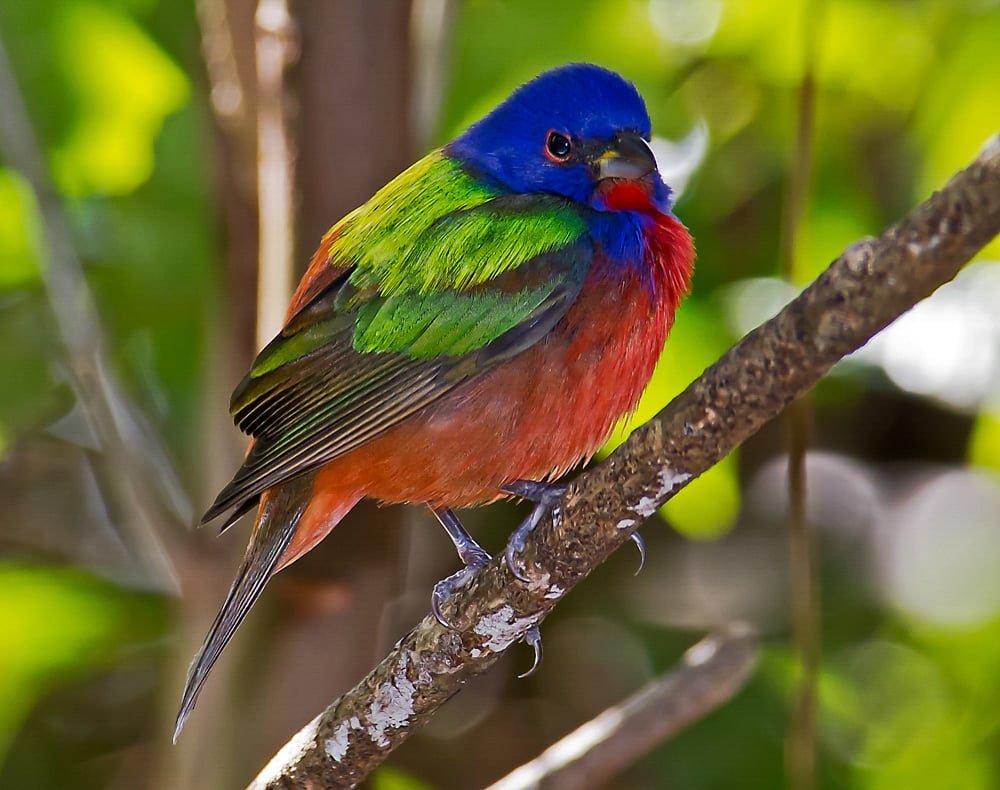
Birds, Landscapes and Residents Thriving Together
Payne’s Black Belt Birding Initiative took off with the help of community partners, including Black landowners who provided spaces where birders could observe birds in their natural habitats at an annual festival each August.
These birding tourists, in turn, are helping the landowners keep their multi-generational family farms profitable.
Alabama Audubon’s current Executive Director, Scot Duncan, says that all communities in rural Alabama can benefit from bird-based ecotourism. His vision for the future:
“Populations of Alabama’s unique bird species will be strong and secure because landowners of the region will have adopted land-use practices that are good for wildlife and also good for their financial and economic security,” he says. “It’s a win-win for people and birds.”
He also envisions an induced impact from the many other ways residents can build businesses around bird-based ecotourism, including:
- Nature guides to lead tours
- Restaurants to serve locally grown and raised foods
- Hosts to provide places for tourists to stay
“All in all, the Black Belt will become a model for how people and biodiversity can thrive together, and importantly, because of each other,” Duncan says.
Many area business owners say the festival has helped the community as it begins to recover from the pandemic.
“We have family businesses that survived 2020 and want to continue surviving,” said Mo Kitchen, a restaurant owner in Greensboro, Alabama. “Having this special event helped our community in so many ways.”
How to participate in the Black Belt Birding Festival
2023's festival is set for August 4 & 5 in and around Greensboro, Alabama. 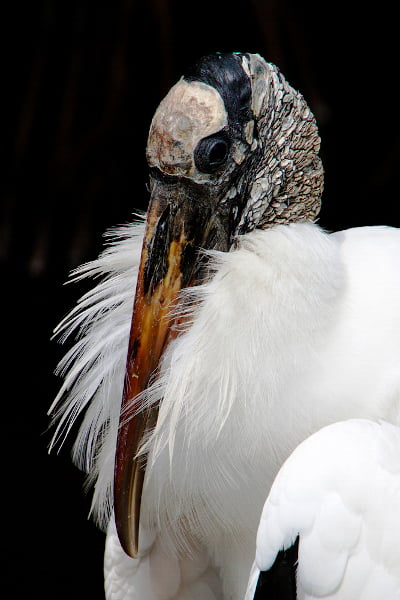
On Friday, the event kicks off at Project Horseshoe Farm (an area nonprofit focused on building community) with live music and food trucks.
On Saturday, the festival continues with curated birding excursions throughout the Black Belt. Some popular options:
“The swarming of the Swallow-tailed and Mississippi Kites at The Joe Farm [Connecting with Birds and Nature Tours, LLC] is a spectacle that should not be missed,” says Allison Abney, Outreach & Communications Director for Alabama Audubon. “Nor should the opportunity to catch a glimpse of Red-cockaded Woodpeckers later in the day at the Talladega National Forest.”
Be sure to catch the event’s keynote address on Saturday at the Greensboro Opera House. Dr. James Lamb, Curator of Paleontology at the Black Belt Museum, will discuss the many dinosaur fossils recovered in the Black Belt region and the connections between these dinosaurs and modern birds.
If you can’t attend this year, you can still appreciate the Black Belt’s birds with a self-guided tour of the area. Check out the Merlin Bird ID app to research the birds most often seen during the dates of your visit. Even in winter, birds are active in the region (think: ducks and other waterfowl).
For more information, including how to register for the festival, visit Alabama Audubon at: alaudubon.org
All Photos Courtesy of Outdoor Alabama (The Alabama department of conservation and natural resources)
Winners of the Outdoor Alabama Photo Contest
- Christopher Baker, Sandhill cranes at Wheeler National Wildlife Refuge
- Hannah Sumner, Hiking Holmes Chapel Falls in the Bankhead National Forest
- Jon Whitaker, Scenic Star Trails Over Tent in Tuscaloosa
- Keith Bozeman, Kayak at sunset at Wheeler National Wildlife Refuge
- Matthew Dees, American alligator near the Mobile Bay Causeway
- Michael Vaughn, Jr., Sunset at Fairhope Pier on Mobile Bay
- Terry Brandebourg, White-tailed buck in Lee County
- Warren Peter Pauley, Jr., Fishing on Lake Eufaula


